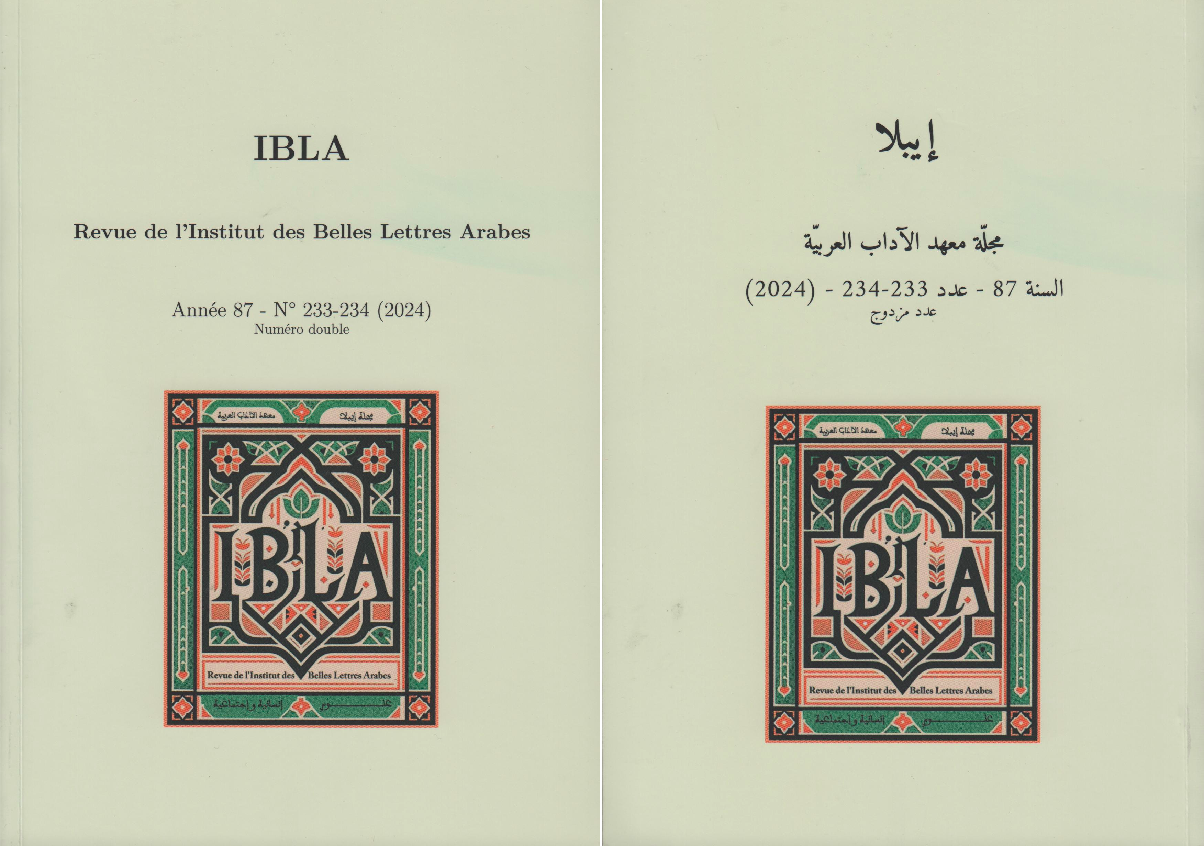La Thonaire de Sidi Daoud au XIXe : d’une concession beylicale à une entreprise familiale à horizon méditerranéen
Résumé
La pêche aux thons en Tunisie demeura une industrie purement italienne pratiquée par des équipages siciliens pour un marché presque exclusivement péninsulaire.
En 1824 le bey Hussein concéda le droit de pêcher le thon à Cap Zebib à un Génois de Tunis, Giuseppe Maria Raffo. Deux ans plus tard, en novembre 1826, le même bey accordait à Raffo, pour une durée de six ans, le droit de pêcher le thon sur les côtes du Cap Bon, notamment, de l’îlot de Sidi Daoud.
L’exemple de la thonaire de Sidi Daoud dont la création remonte à 1825 s’est consolidé au milieu du XIXème siècle. Le passage d’une concession beylicale à une entreprise familiale à horizon méditerranéen fut une mutation logique qui exprime parfaitement le processus de patrimonialisation économique.






